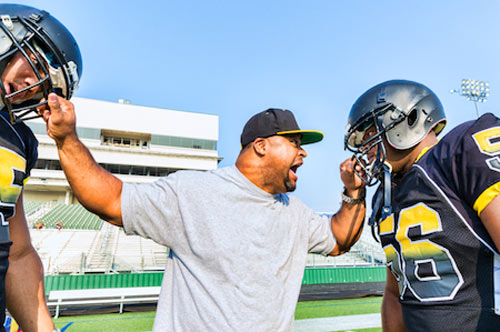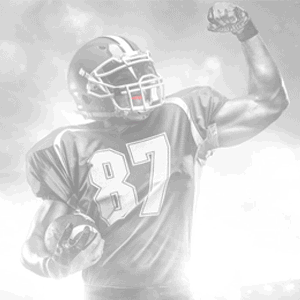Too Intense Or Too Soft: Are Coaches Still Allowed To Coach?

 While the days of coaches like Bobby Knight yelling and throwing chairs are long gone, it seems like the world of sports is still overcompensating to make up for those past transgressions. More than ever, coaches at every level are being scrutinized and punished for their conduct and the way they handle their teams.
While the days of coaches like Bobby Knight yelling and throwing chairs are long gone, it seems like the world of sports is still overcompensating to make up for those past transgressions. More than ever, coaches at every level are being scrutinized and punished for their conduct and the way they handle their teams.
College and high school coaches especially are being fired immediately if an athlete complains about conduct — whether the coach was right or wrong. This trend of kneejerk reactions really took off in 2013, after former-Rutgers men’s basketball coach Mike Rice was caught on camera being physically and verbally abusive to his players. Rice’s actions became a national story and coaches have had a closer eye on them since, for better and for worse.
Coaches certainly shouldn’t be abusive to players, there’s no doubt about that. But there is a line between being harmful and being a disciplinarian, and that line has seemingly been blurred by public opinion. Every athlete is different, and some simply respond to a coach who yells or has a short fuse.
Sure, a coach flying off the handle may not work for some players, but are we actually hurting our athletes by not allowing coaches to be so intense in their techniques? Coaches need to be able to teach their players and command their respect, and many choose the tough love approach because it’s effective. There’s a reason coaches are often compared to military officers, after all.
But how far is too far when it comes to coaching behavior in the locker room, practice or a game?
Earlier this year, Minnesota Wild head coach Mike Yeo had — what was called — a meltdown at a practice. His team, which sat at the bottom of the Western Conference at the time, had just lost to two rival teams back-to-back and lost 11 of their last 13 games.
After his expletive-laced “freak out,” there was large speculation that Yeo would be fired. Many in the sports community were actually calling for his dismissal after his actions and lack of success. But Yeo wasn’t let go, and what followed was his team responding.
The Wild finished the season on a 28-13-3 streak, earning a wild card spot and knocking off the top-seeded St. Louis Blues in the first round of the Stanley Cup Playoffs. (They were swept in the second round by the Chicago Blackhawks).
Was Yeo’s tactic necessary? Did he need to have an anger-filled meltdown to reach his players and turn his team’s season around, or could he have calmly called a team meeting to discuss his frustrations? While the latter is a nice thought, we sometimes forget that sports are emotionally-driven. But that doesn’t mean we should let emotions get the best of us.
Coaches shouldn’t be breaking down players — particularly younger athletes — until they snap or are scarred for life. It’s important for coaches to keep a certain level of composure, as that goes a long way to teaching players discipline and garnering respect.
While there is a line between intense coaching and abusing coaching, it’s a fine one to walk. Some would say that what Mike Yeo did was just as bad as the Mike Rice incident or anything Bobby Knight did.
But, in the world of sports, there are times where discipline and intensity are simply needed. The 2014-2015 Minnesota Wild would certainly attest to that.
Are coaches becoming too soft? Are we prohibiting coaches from doing their jobs? Let us know what you think in the comments.






